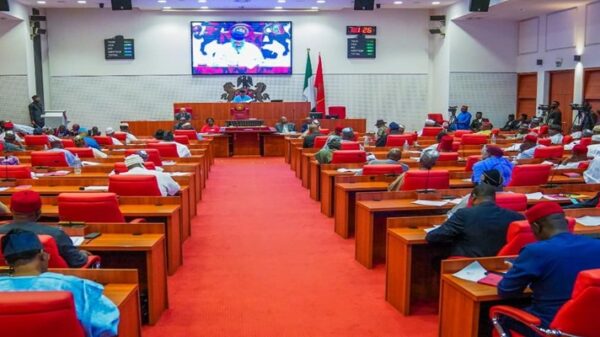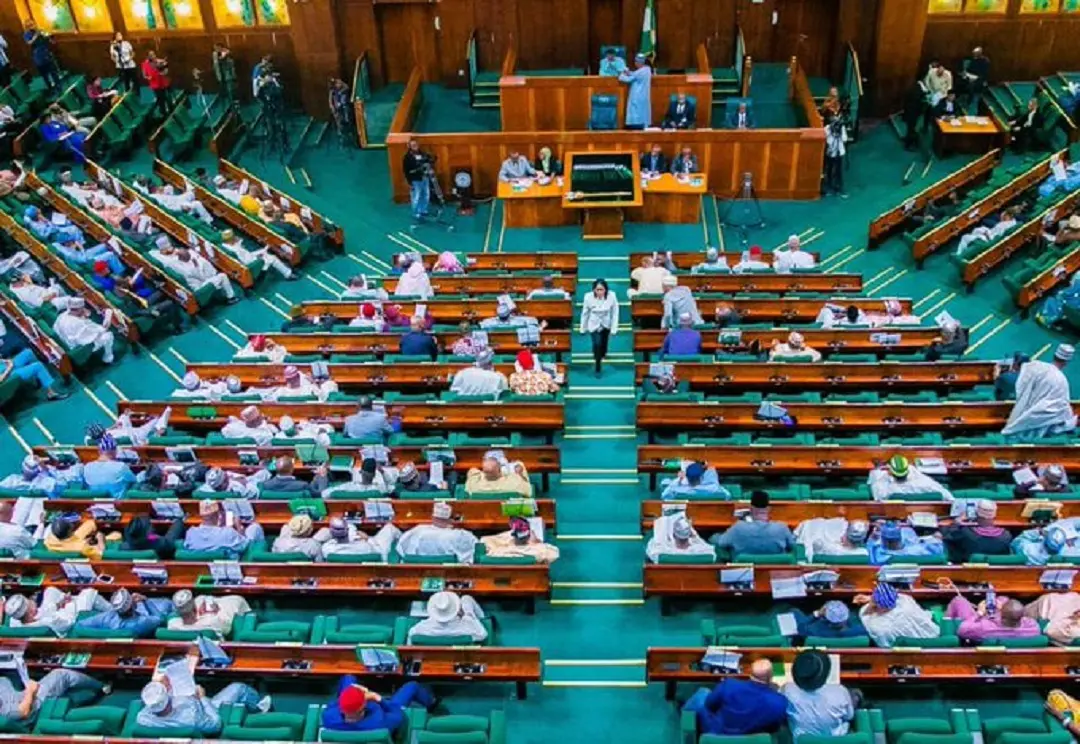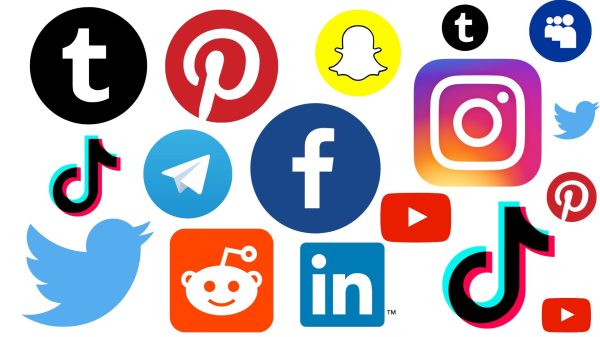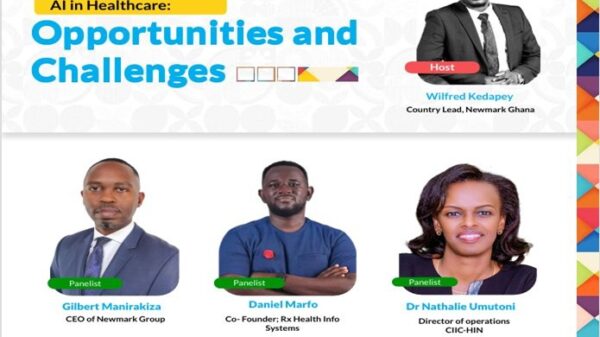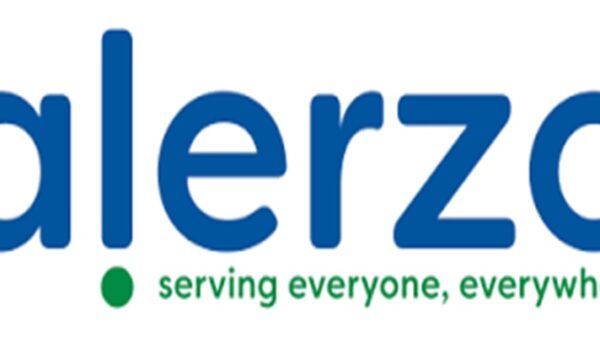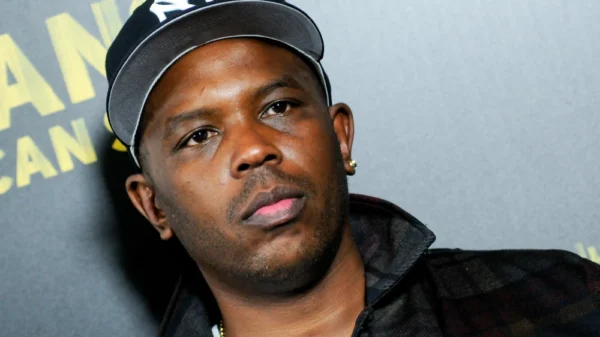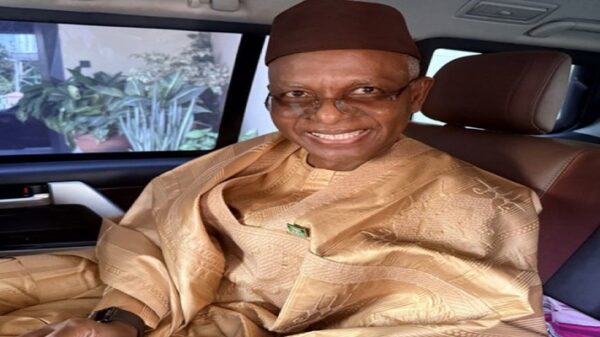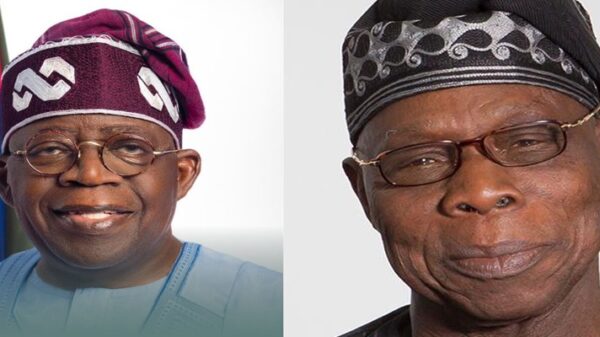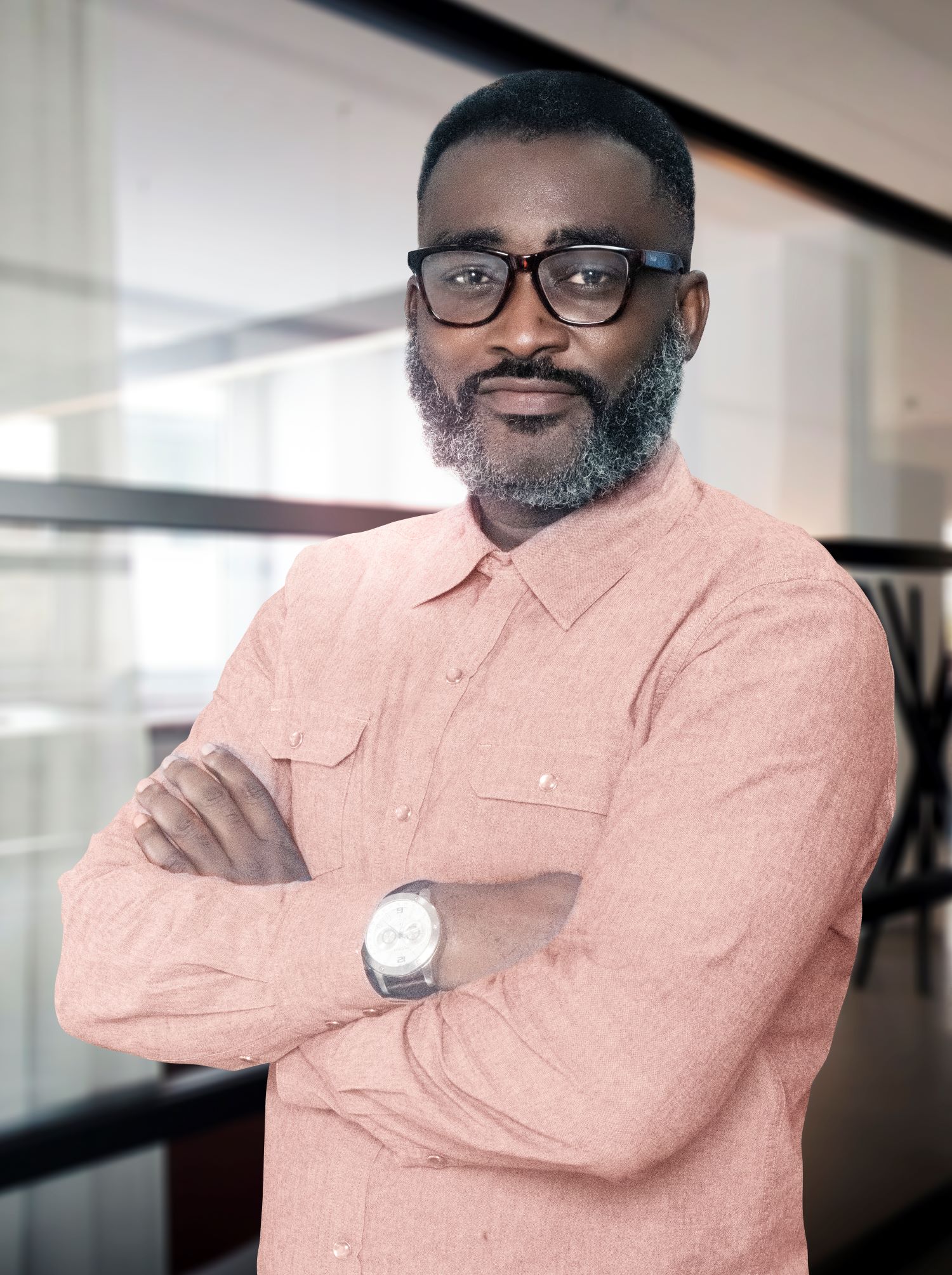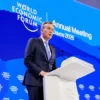By Stanislaus Martins, Aleph’s Managing Director for West Africa
If you work in advertising or are considering a career in the field, there’s a good chance you’ve wondered what the industry’s future will look like. And with the advancement of artificial intelligence (AI) and other technologies, that speculation is more relevant than ever.
Will tools like ChatGPT and Microsoft Copilot eventually become so sophisticated that they replace copywriters, designers, and illustrators as some have predicted? And even if they don’t, how will they change the skills required for those positions? Outside of those specific roles what skills will be most useful in the future, particularly as digital and physical world advertising become increasingly integrated?
While it would be foolish to make hard and fast predictions, especially for an industry that moves as fast as advertising does, there are a few emergent trends that give us a good idea of where it’s going. Those already working in the sector, or aiming to do so, would do well to look at these trends and understand how they might impact their career trajectories.
Even in an AI world, authenticity still matters
At the start of 2023, numerous headlines were describing how AI tools could easily replace creatives, especially as they become increasingly sophisticated. As the year has progressed, it’s become clear that the picture’s nowhere near that simple. A research paper released in July, for instance, showed that the quality of answers from ChatGPT was nowhere near perfect, and its creators explicitly highlighted the probability of “AI hallucinations” e.g the generation of incorrect or misleading results.It’s also notable that “authentic” was the US dictionary Merriam-Webster’s word of the year for 2023.
This not only suggests that AI tools may take more time to reach maturity than many thought but also that, even as the technology advances, people still crave authentic experiences. That includes the adverts they’re exposed to daily.
None of this, of course, is to say that AI tools can’t be helpful to creatives. They can be. But making full use of them requires people to build up new skills. You have to know what prompts will give you the output you want, for instance.
Creatives won’t be the only ones who need to develop AI-based skills either. With AI also playing an increasingly important role in things like audience segmentation, ad placement optimisation, and performance analytics, anyone working in those areas will also have to build up their AI skills.
The ongoing integration of physical and digital worlds
A true metaverse, whereby the virtual and physical worlds integrate seamlessly, is still being worked on by tech giants, and the integration of AI will take a huge load off the shoulders of human developers.
There are few areas where that integration is more visible and more relevant than in advertising. Whether it’s a point-of-sale activation that requires people to scan a QR code for a discount or a full-blown augmented reality (AR) campaign, advertising is increasingly at the forefront of showing what’s possible when it comes to the unification of the physical and digital worlds.
That doesn’t only mean in-house marketing teams need to break down the silos between different specialties, it also means that even the out-of-home (OOH) agencies responsible for things like billboards will have to up their digital skills. Digital-first agencies, meanwhile, will have to look at how they can broaden their physical advertising capabilities.
In the face of this kind of unification, those with the skill sets needed to bring these two worlds together will be in high demand. With that in mind, advertising professionals on either side of the divide would do well to grow their physical or digital skills.
Adaptability is everything
What the above two trends show is how important adaptability is in advertising. It’s a fast-moving field where things change all the time. The skills that you have in the industry might not be the ones that keep you growing within it. As such, workers don’t only need to be aware of industry trends but how they might affect them in the future.
Those workers also need to be able to access resources that can help them build up the skills necessary to ride those shifts. It’s something that we’re profoundly aware of at Aleph and is one of the reasons why we launched our Digital Ad Expert platform.
Make no mistake, these shifts won’t be any slower in African markets either. In fact, as the continent continues to experience rapid jumps in connectivity, the continent could leapfrog the rest of the world and set the tone for the future of advertising.
Anyone in the industry or looking to get it into it needs to be ready.
![]()


